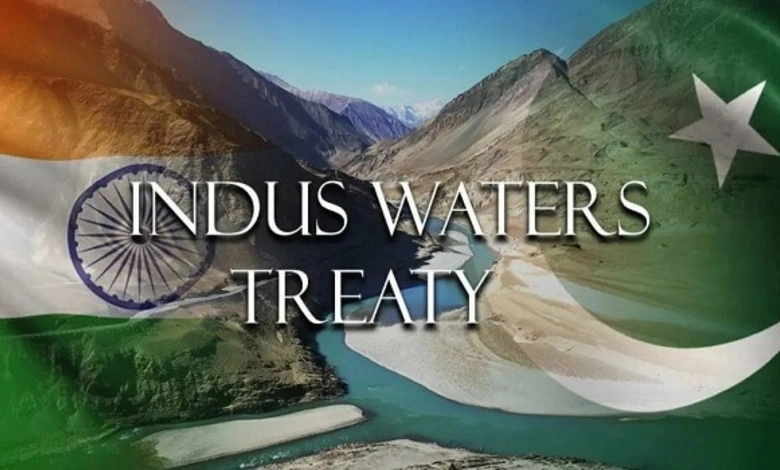What Is the Indus Waters Treaty That India Halted After J&K Terrorist Attack?

India has suspended the Indus Waters Treaty with Pakistan in response to a deadly terrorist attack in Pahalgam, Jammu and Kashmir, which killed 26 people, including a foreign national. The move, announced Wednesday, reflects India’s strong stance against alleged Pakistan-backed terrorism.
Signed on September 19, 1960, after World Bank-mediated talks, the Indus Waters Treaty regulates the use of the Indus River system’s waters. It allocates the eastern rivers Ravi, Beas, and Sutlej to India and the western rivers Indus, Jhelum, and Chenab, carrying about 135 million acre-feet of water annually to Pakistan. The treaty has withstood conflicts in 1965, 1971, and 1999 but is now suspended, a first in its history.
The suspension follows Tuesday’s attack in Pahalgam, where terrorists, reportedly linked to Pakistan-based groups, targeted tourists. The Resistance Front, tied to the banned Lashkar-e-Taiba, claimed responsibility. India’s Cabinet Committee on Security, led by Prime Minister Narendra Modi, met Wednesday and pointed to “cross-border linkages” in the attack as justification for halting the treaty. Foreign Secretary Vikram Misri stated the suspension will persist until Pakistan addresses cross-border terrorism effectively.
Additional measures include closing the Attari Integrated Check Post, ending cross-border movement, and revoking SAARC visa exemptions for Pakistani nationals. Pakistani military diplomats in Delhi were declared persona non grata, and both nations’ high commissions will reduce staff by May 1, 2025.
Former Foreign Secretary Kanwal Sibal, supported the suspension, stating, “Blood and water can’t go together.” Water Resources Minister CR Paatil echoed earlier warnings from Modi and Home Minister Amit Shah, reinforcing India’s position.
The suspension could significantly impact Pakistan, which depends on the Indus system for agriculture and hydropower, as tensions between the two nations intensify.




